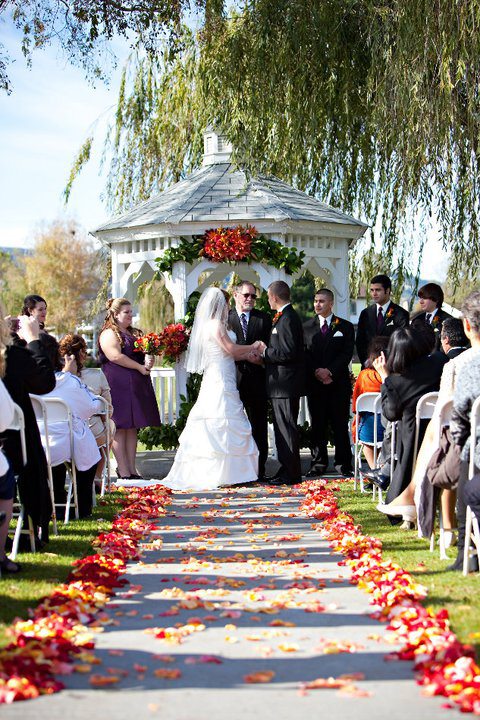Who Gets Invited to the Wedding Ceremony?
Planning a wedding can be an exhilarating yet daunting task. One of the most significant decisions couples face is determining who gets invited to the wedding ceremony. This decision can affect everything from the venue size to the overall atmosphere of the event. In this blog post, we will explore various factors that influence guest lists, including family dynamics, budget considerations, and, importantly, the role of an officiant in shaping your ceremony.
Understanding Your Guest List
Creating a guest list is often one of the first steps in wedding planning. It sets the tone for your celebration and helps you gauge your budget and venue options. Here are some key considerations when deciding who to invite:
Family Considerations
Family dynamics play a crucial role in determining your guest list. Many couples feel obligated to invite certain family members due to tradition or familial expectations. Here are some common family categories to consider:
- Immediate Family: Parents, siblings, and their children typically top the list.
- Extended Family: Aunts, uncles, cousins, and grandparents may also be included based on your relationship with them.
- Divorced Parents: If parents are divorced or remarried, navigating invitations can become complex. Communication is key here; ensure that all parties understand your intentions.
Friends and Social Circles
Your friends are another essential part of your life that you may want to include in your wedding ceremony. Consider these points:
- Close Friends: These individuals have likely been there for you during significant life events and should be prioritized.
- Work Colleagues: Depending on how close you are with them outside of work hours, you might choose to invite select colleagues.
- Acquaintances: Be cautious about inviting too many acquaintances unless you’re prepared for a larger gathering.
Budget Constraints
Your budget will significantly impact who gets invited to your wedding ceremony. Each guest adds costs related to catering, seating arrangements, and even favors. Here’s how budgeting plays into guest lists:
- Per Plate Costs: Many venues charge per person for food and drinks; this can quickly add up.
- Venue Size: The capacity of your chosen venue will limit how many guests you can realistically invite.
- Overall Budget: If you’re working with a tight budget, it may be necessary to prioritize close friends and family over distant relatives or acquaintances.
The Role of an Officiant
One aspect often overlooked when planning a wedding is selecting an officiant. The officiant not only leads the ceremony but also plays a vital role in setting its tone and structure.
Benefits of Hiring an Officiant
- Personalization: An experienced officiant can help tailor your ceremony according to your preferences—whether it’s religious or secular—ensuring it reflects both partners’ values.
- Professionalism: A professional officiant brings experience that can help ease any nerves on such an important day. They know how to handle unexpected situations gracefully.
- Legal Requirements: An officiant ensures that all legal requirements for marriage are met according to state laws—this includes filing necessary paperwork after the ceremony.
- Guidance Through Rituals: If you’re incorporating specific rituals or traditions into your ceremony (like unity candles or sand ceremonies), an officiant can guide you through these elements seamlessly.
- Creating Meaningful Moments: A good officiant knows how to craft meaningful moments within the ceremony that resonate with both you and your guests—this adds depth beyond just exchanging vows.
Choosing Your Officiant Wisely
When considering who gets invited to witness this momentous occasion, think about who would best support you during this time—not just as guests but also as part of creating lasting memories alongside a skilled officiant.
Final Thoughts on Guest Lists
Ultimately, deciding who gets invited to your wedding ceremony involves balancing personal relationships with practical considerations like budget constraints and venue size. Remember that it’s okay not to invite every acquaintance; focus instead on those who truly matter in this special moment of commitment between partners.
As you finalize your guest list alongside choosing an experienced officiant who understands both legalities and emotional significance behind weddings—your day will surely reflect love shared among those closest while creating cherished memories together!
In conclusion, while planning a wedding involves numerous decisions—from selecting colors and themes down to choosing music—the most important aspect remains celebrating love surrounded by those who mean the most! So take time crafting both lists thoughtfully; after all—it’s about building connections that last long after “I do.”
Visit our blog for more interesting articles



Follow Us!